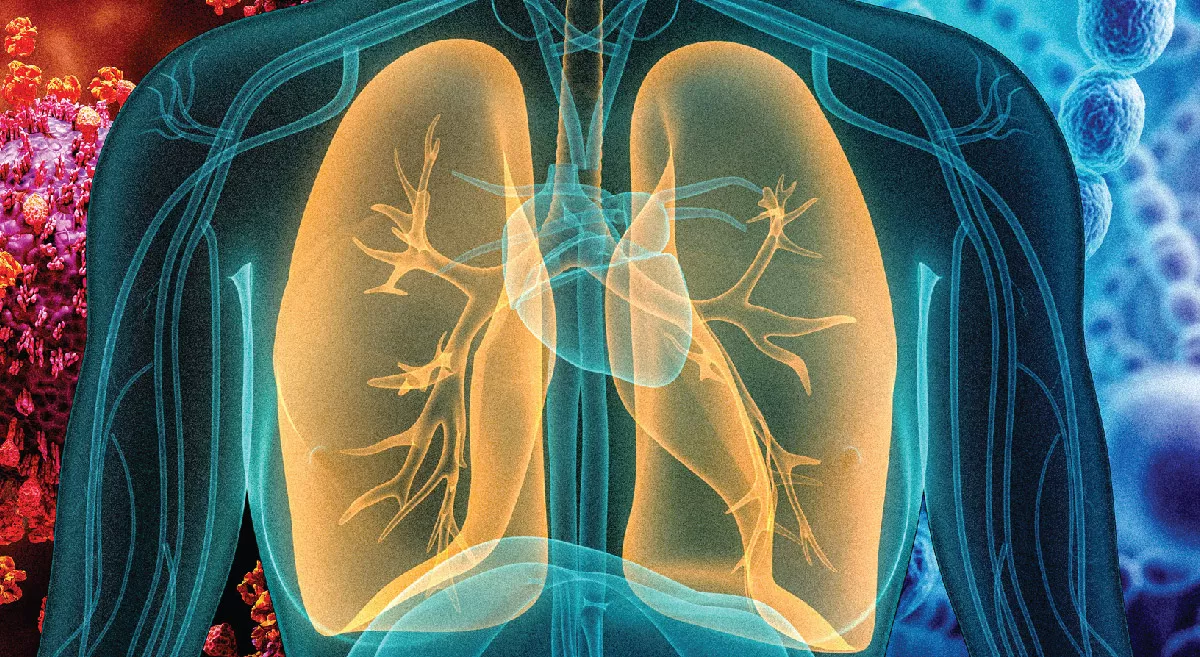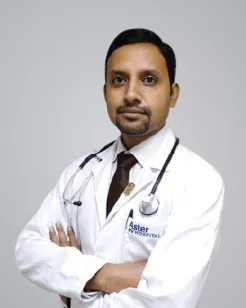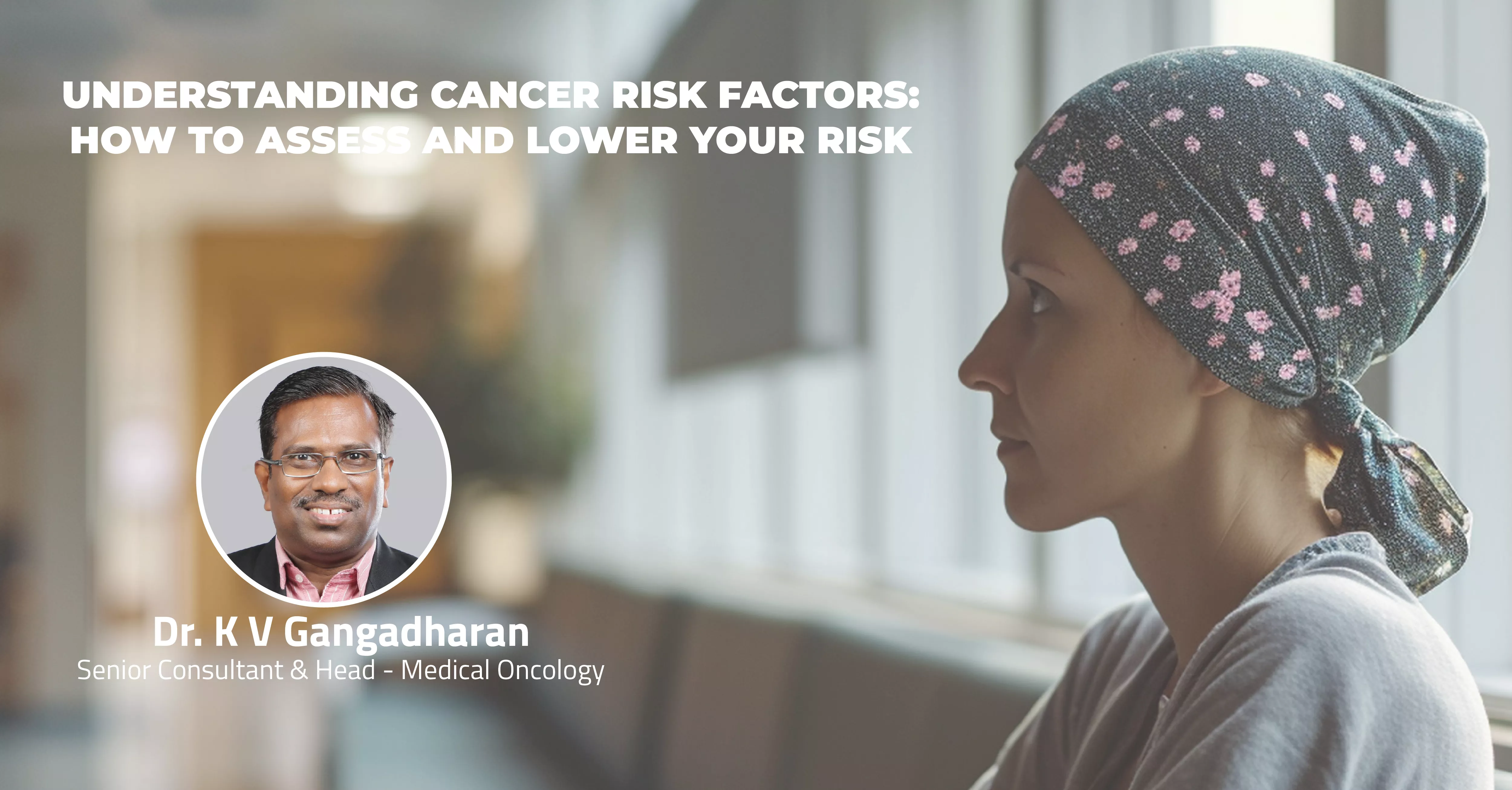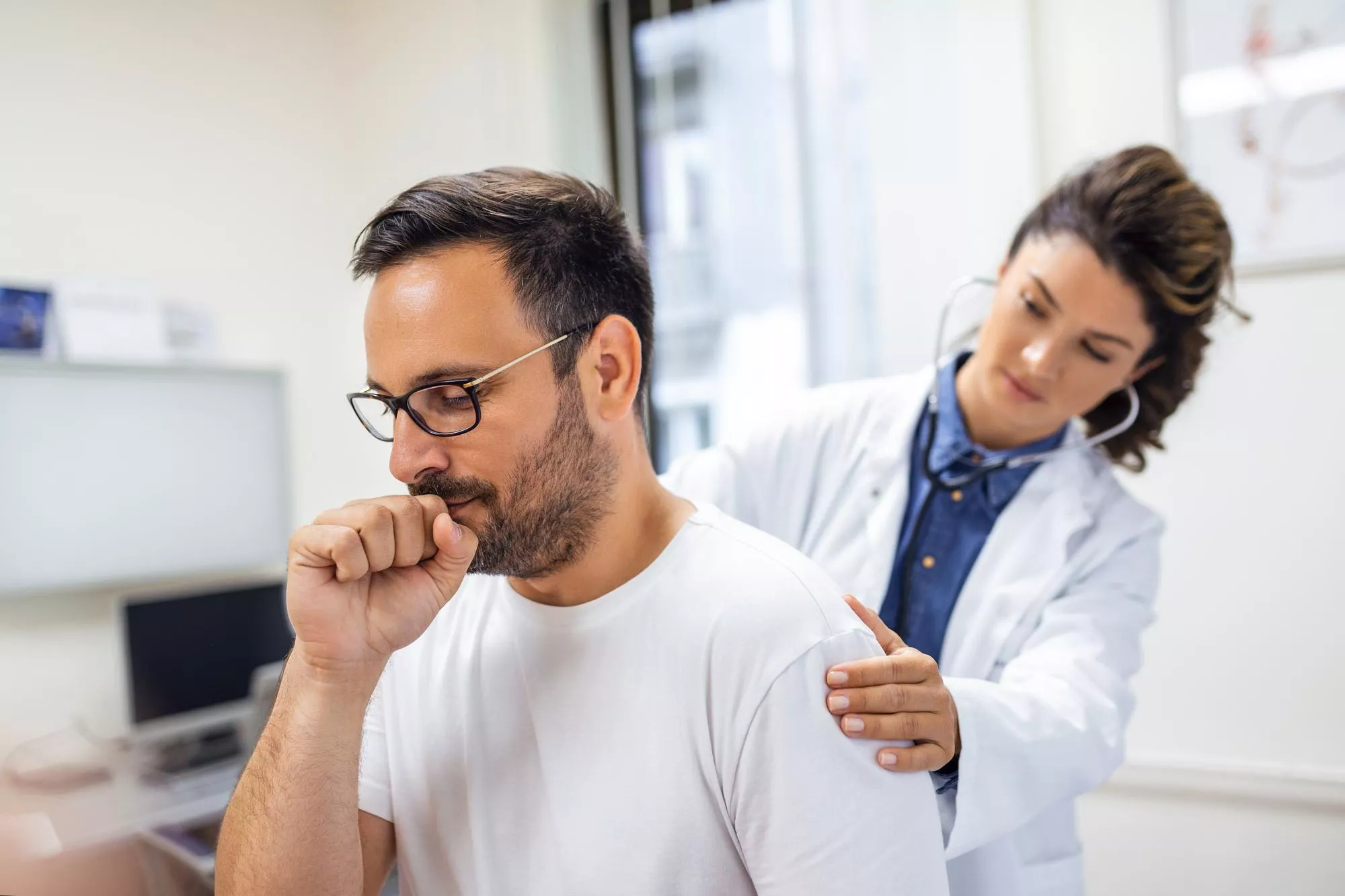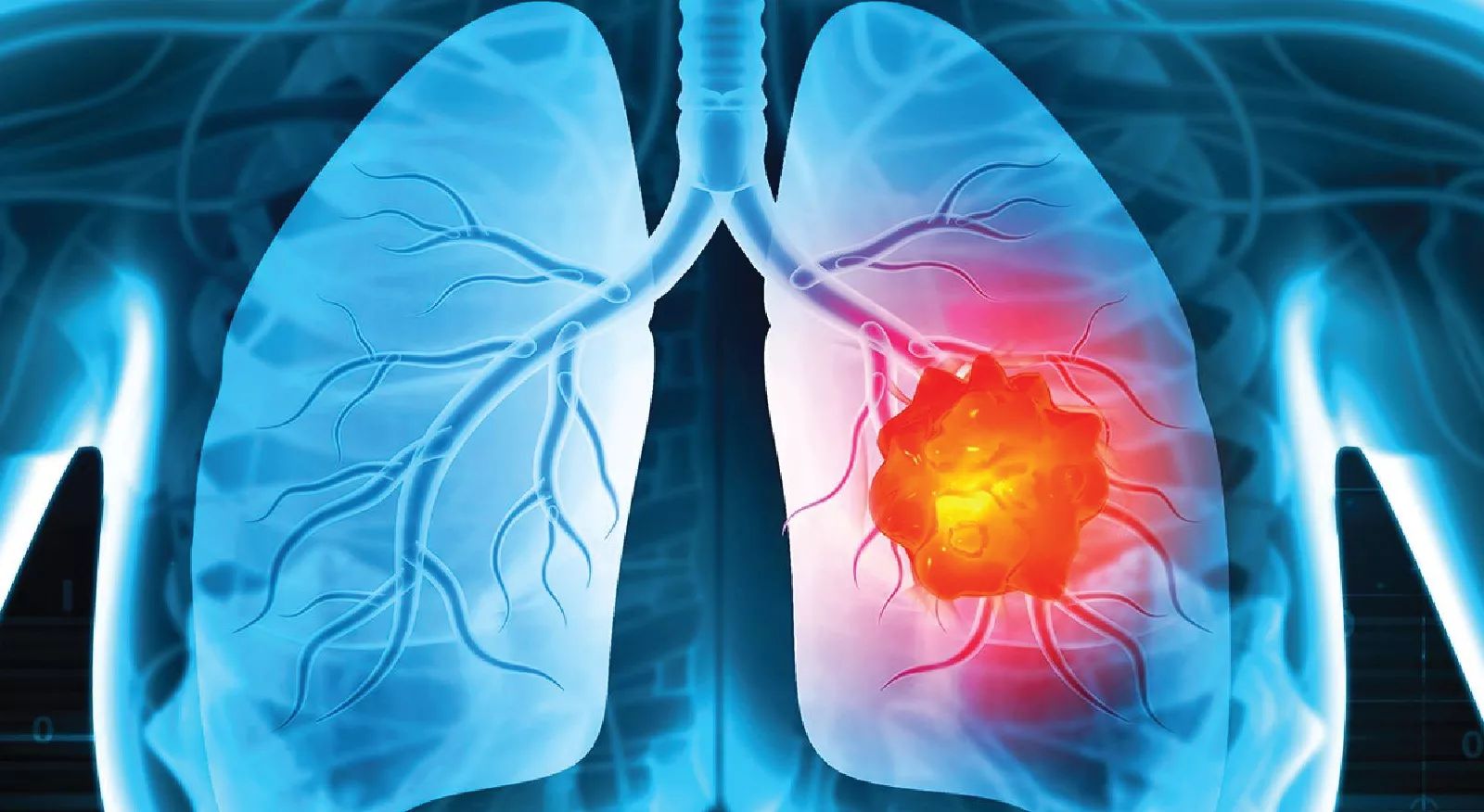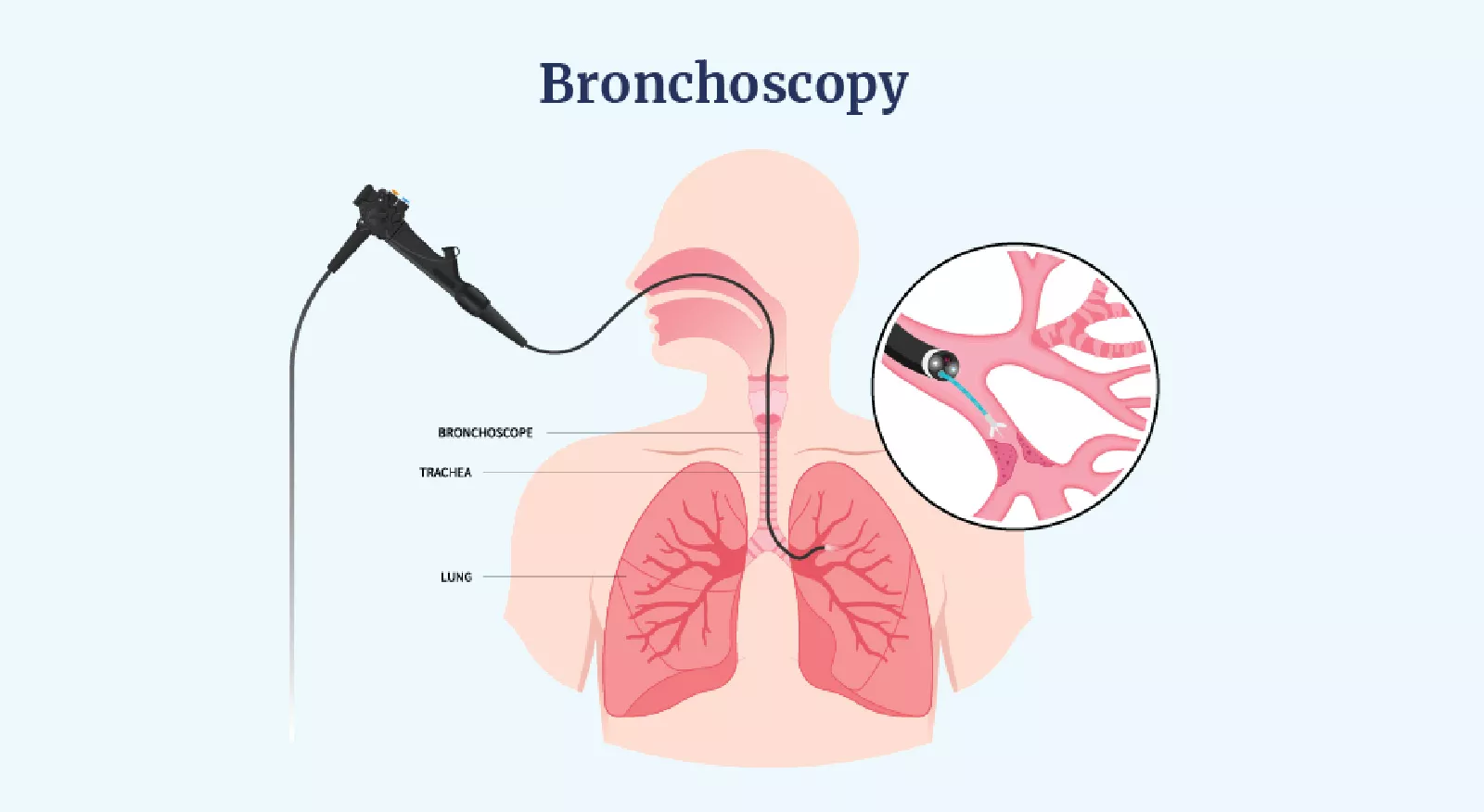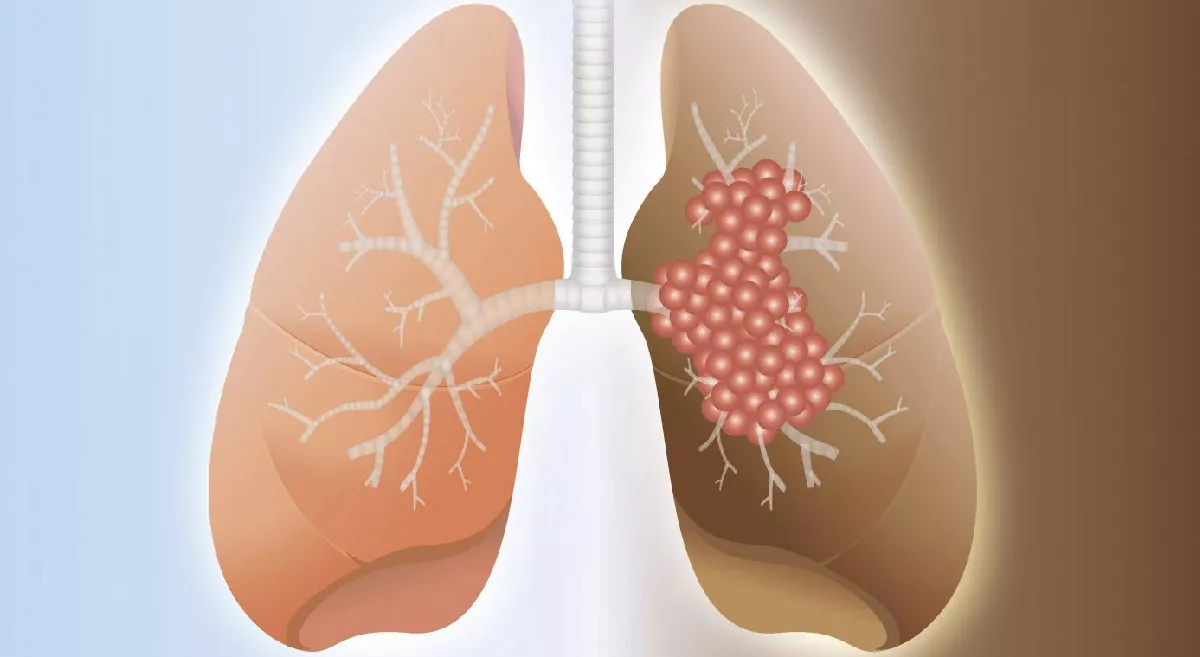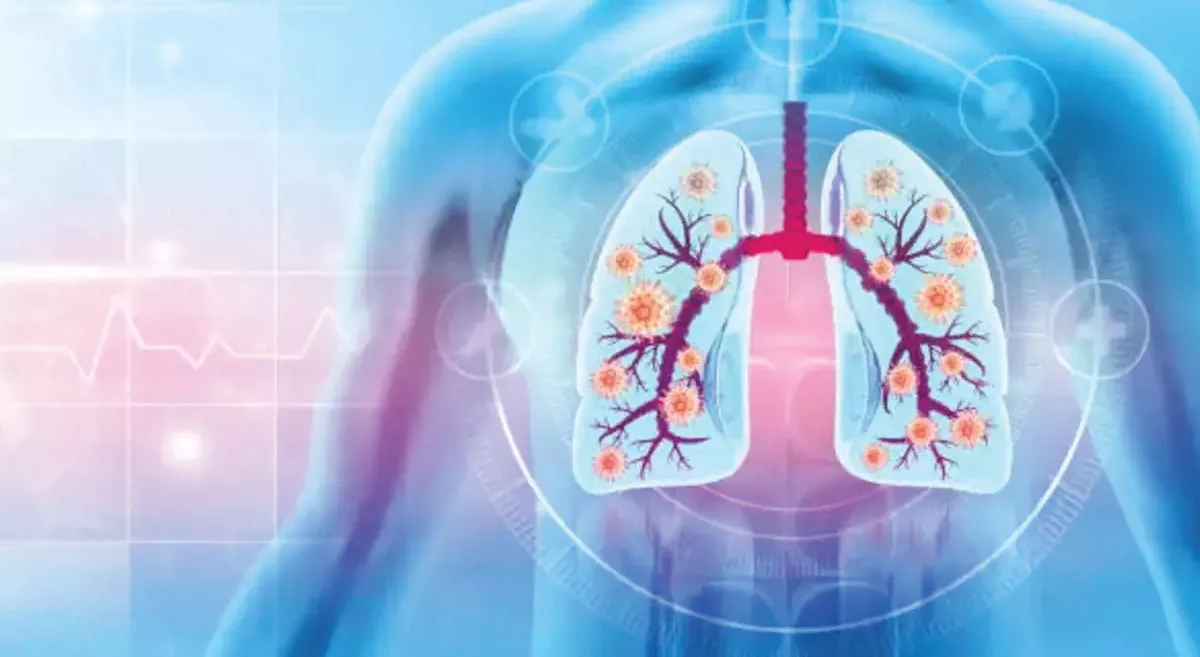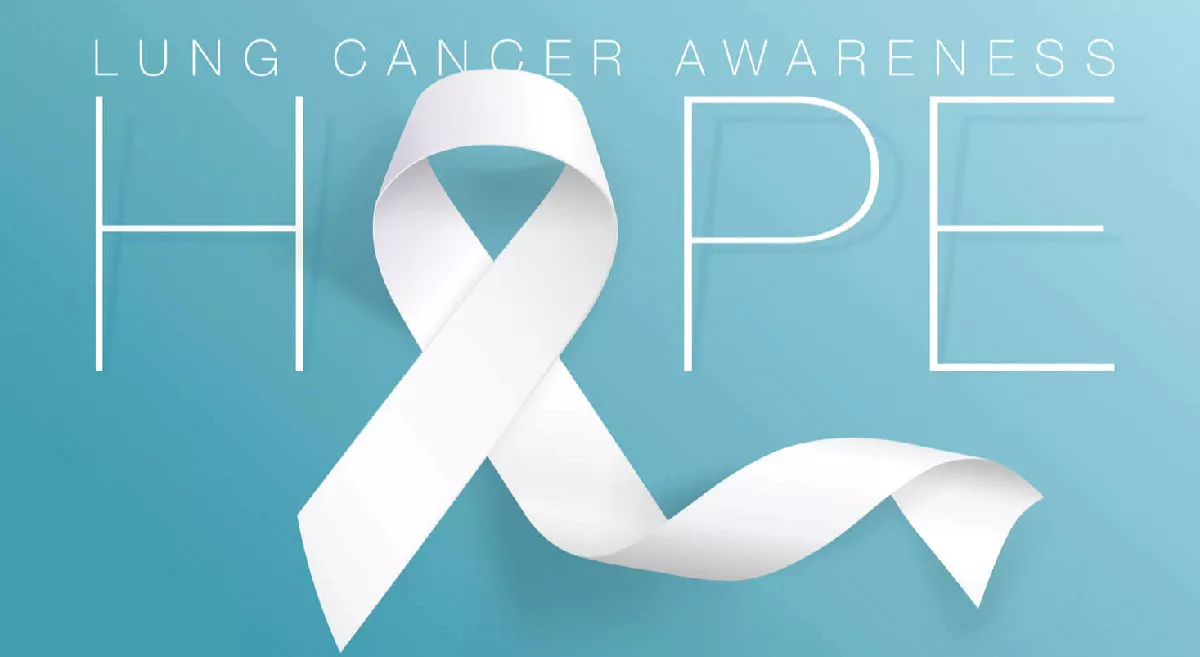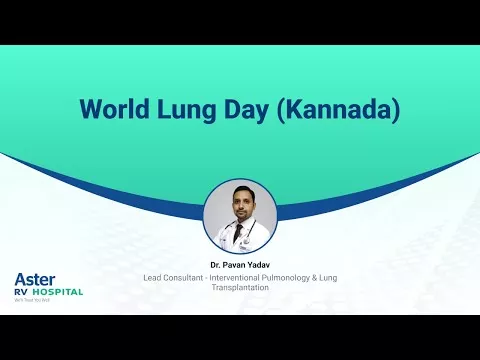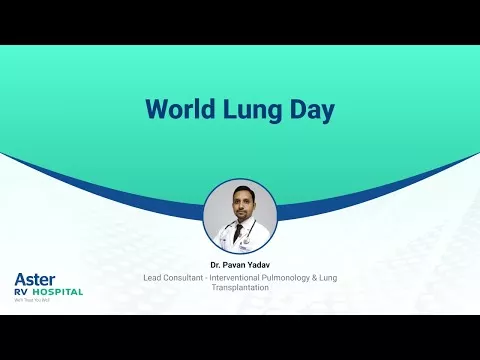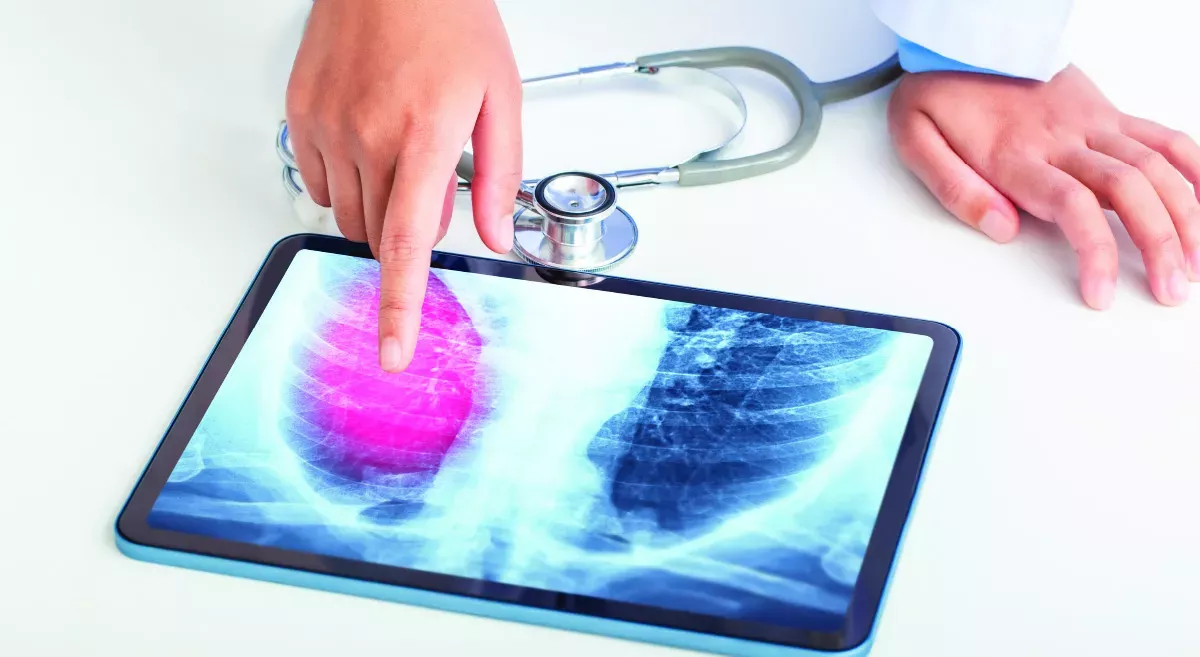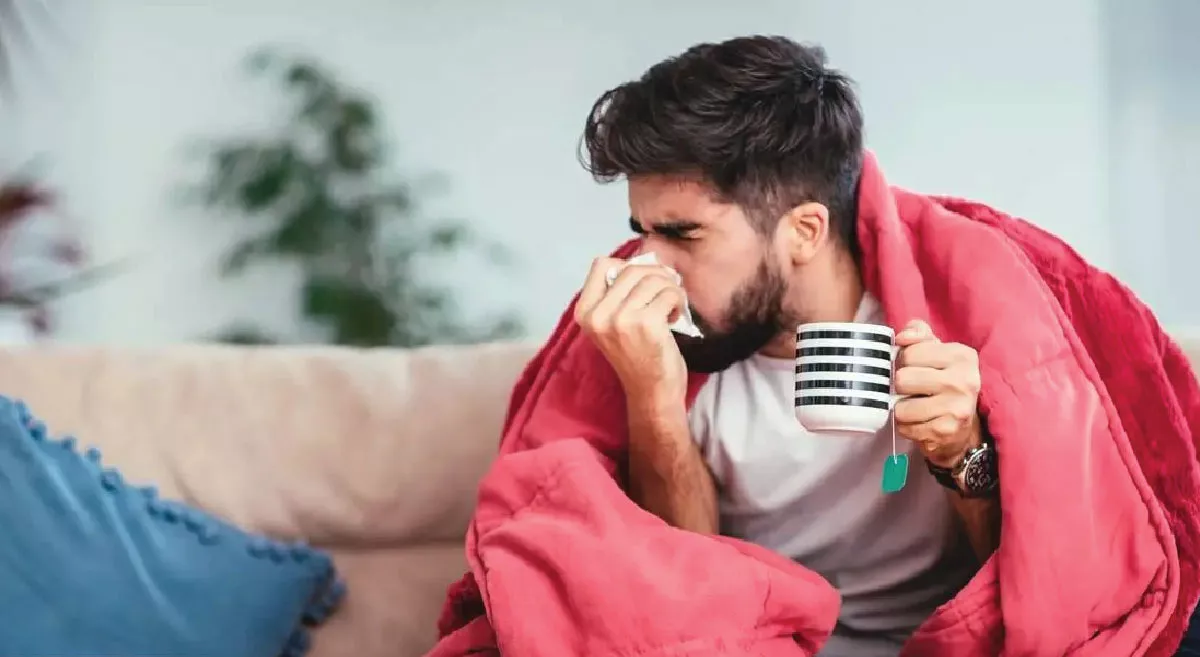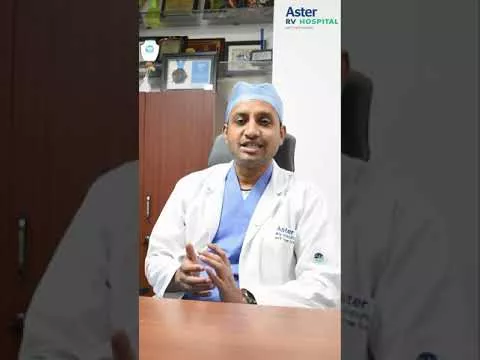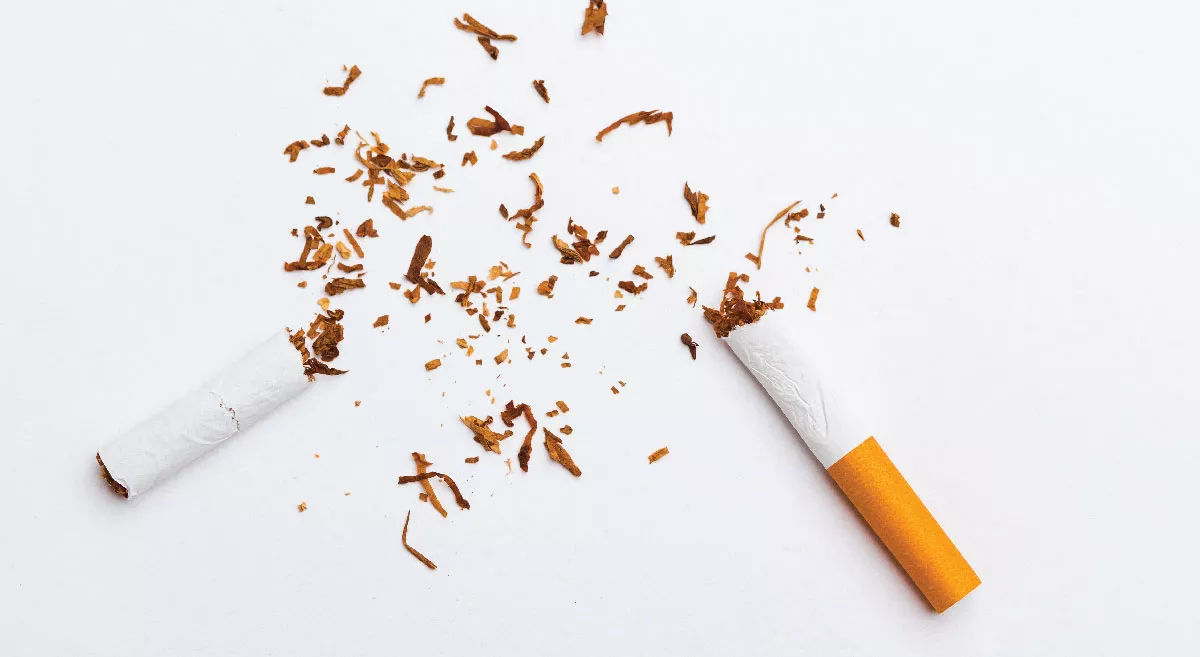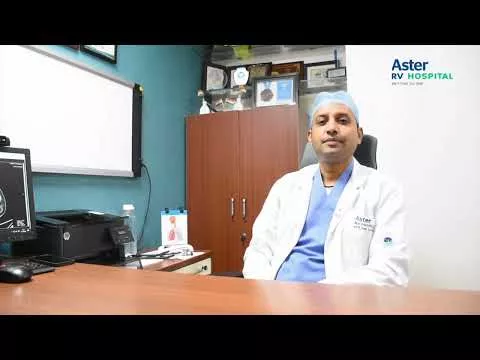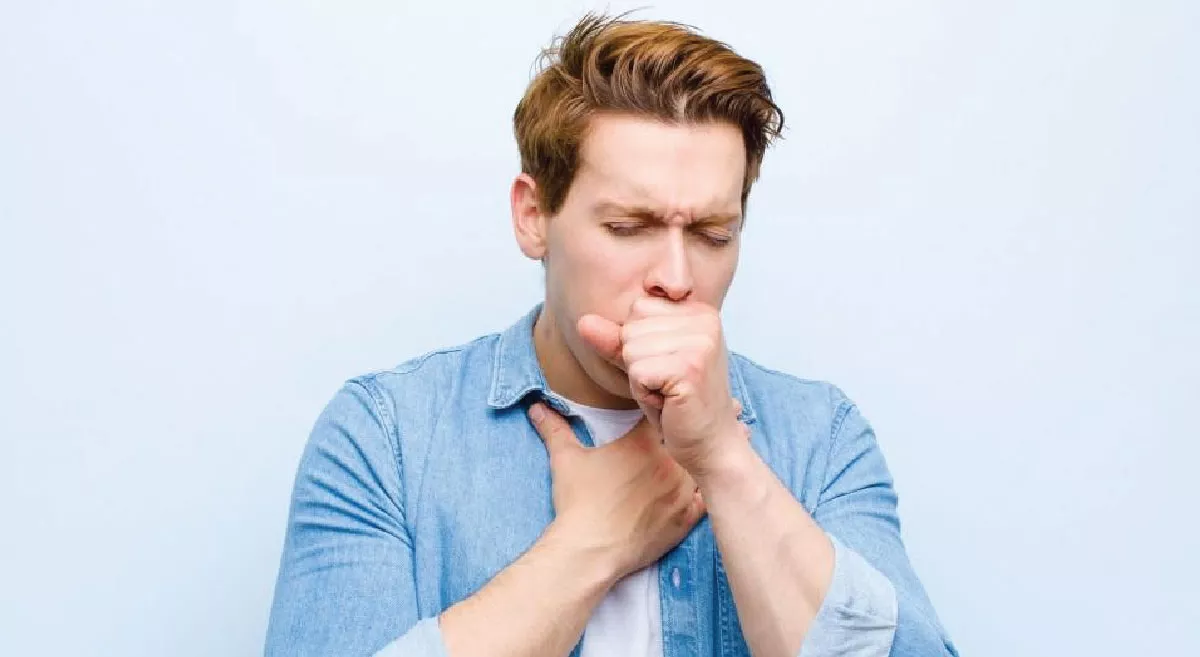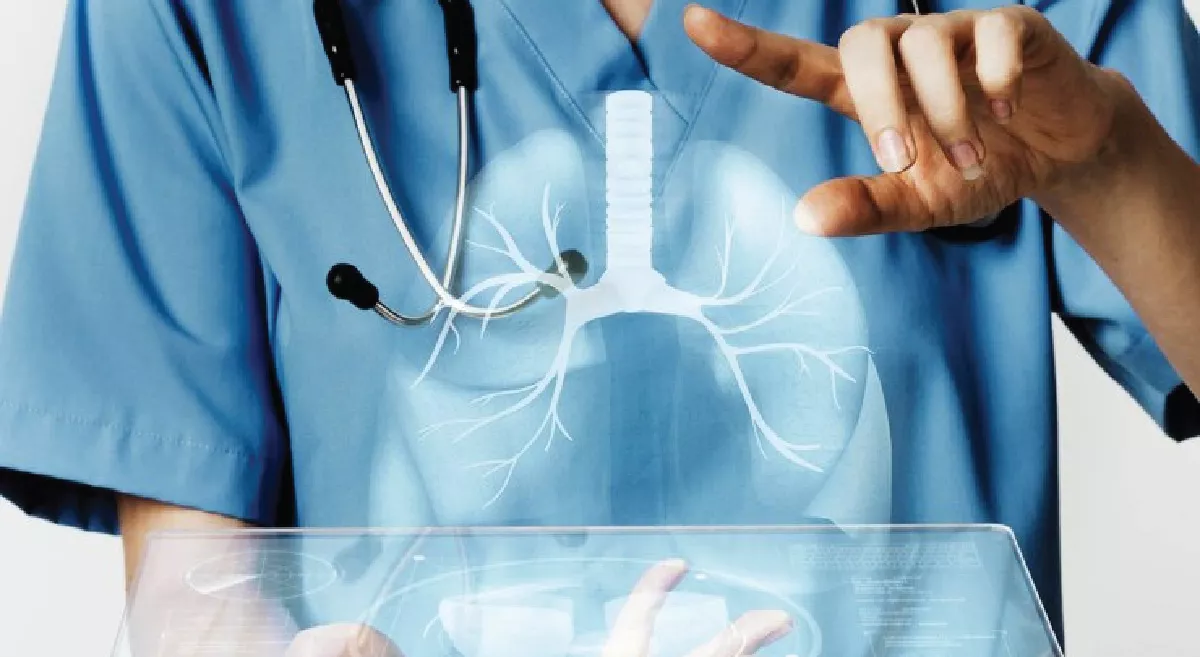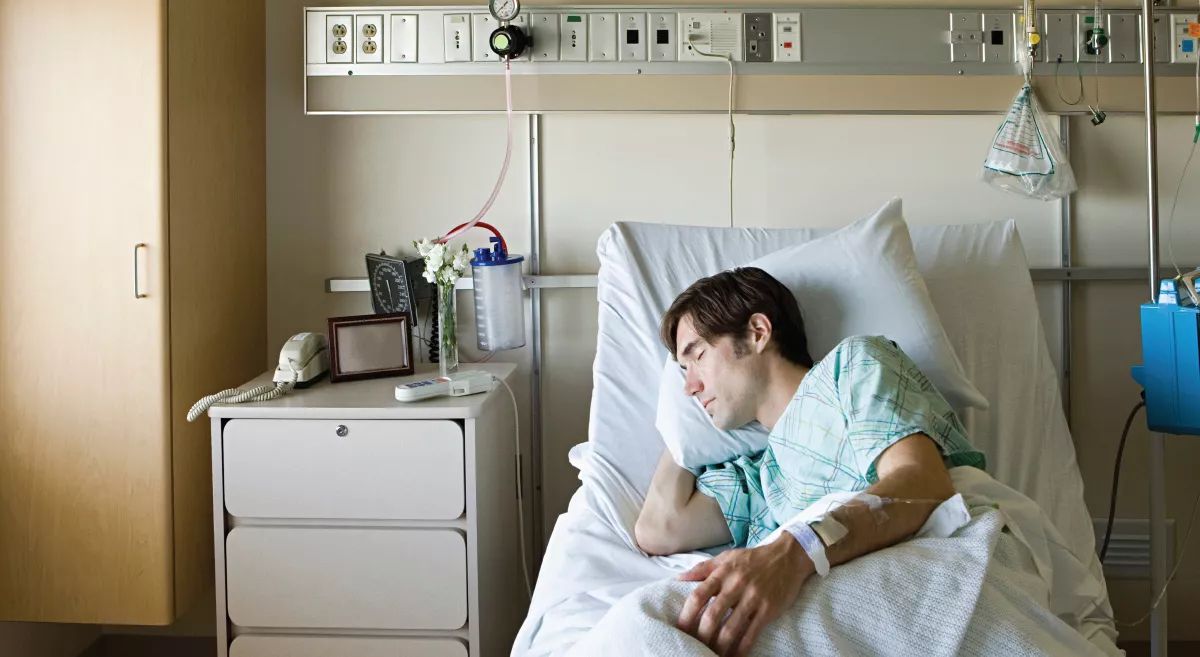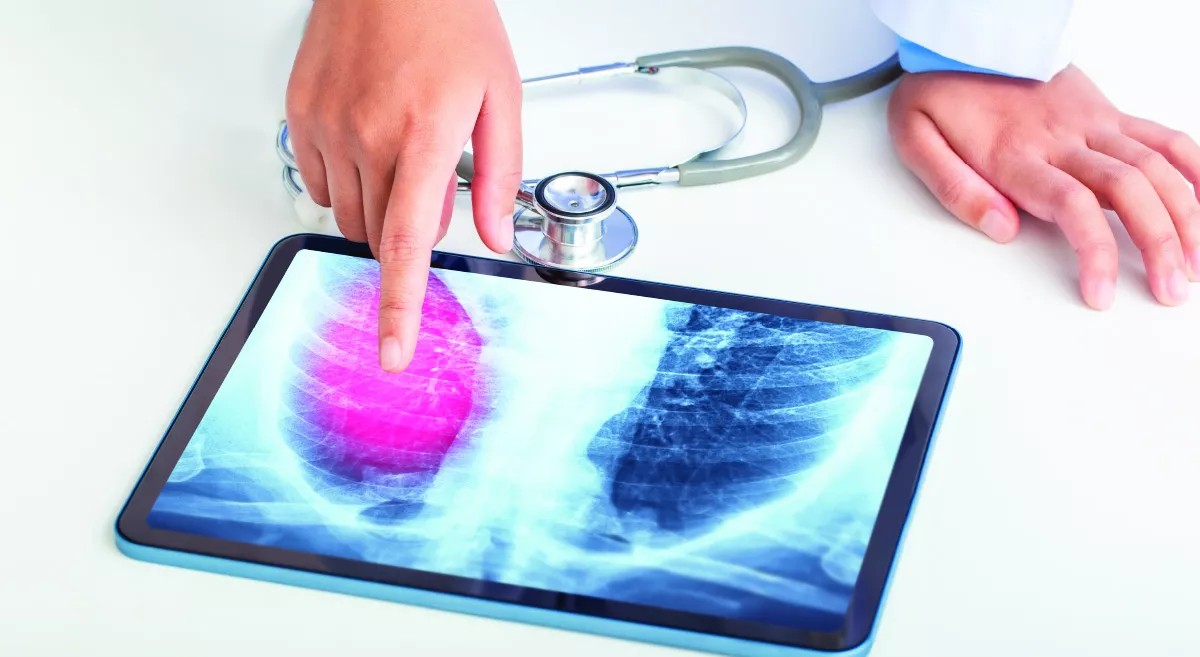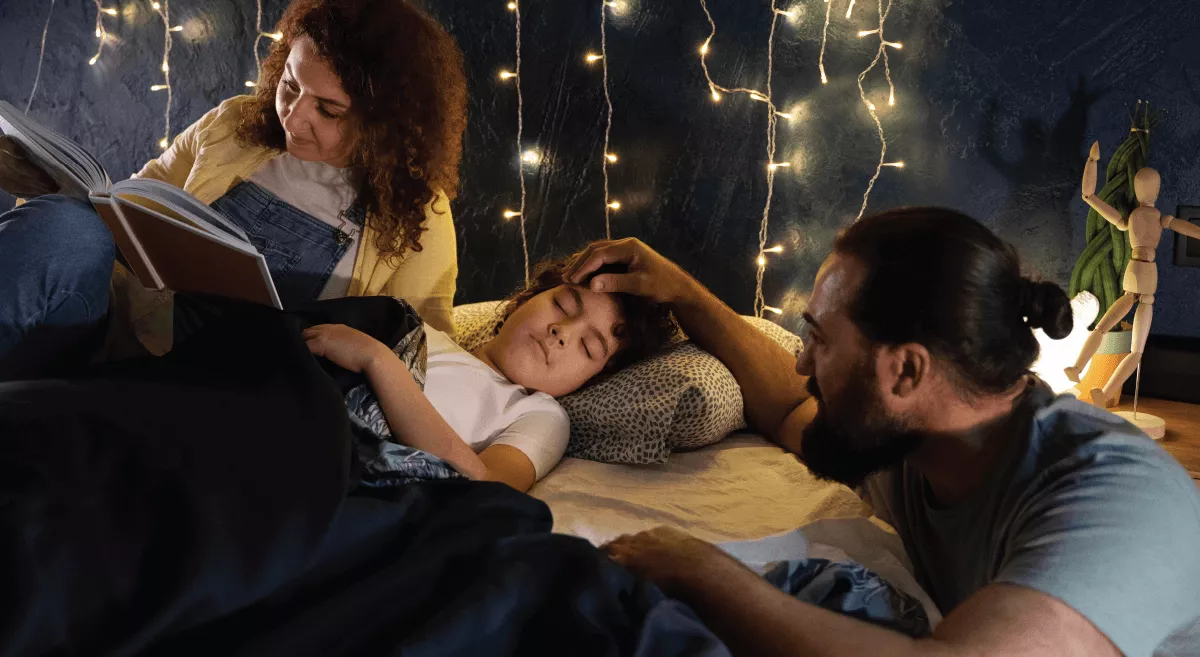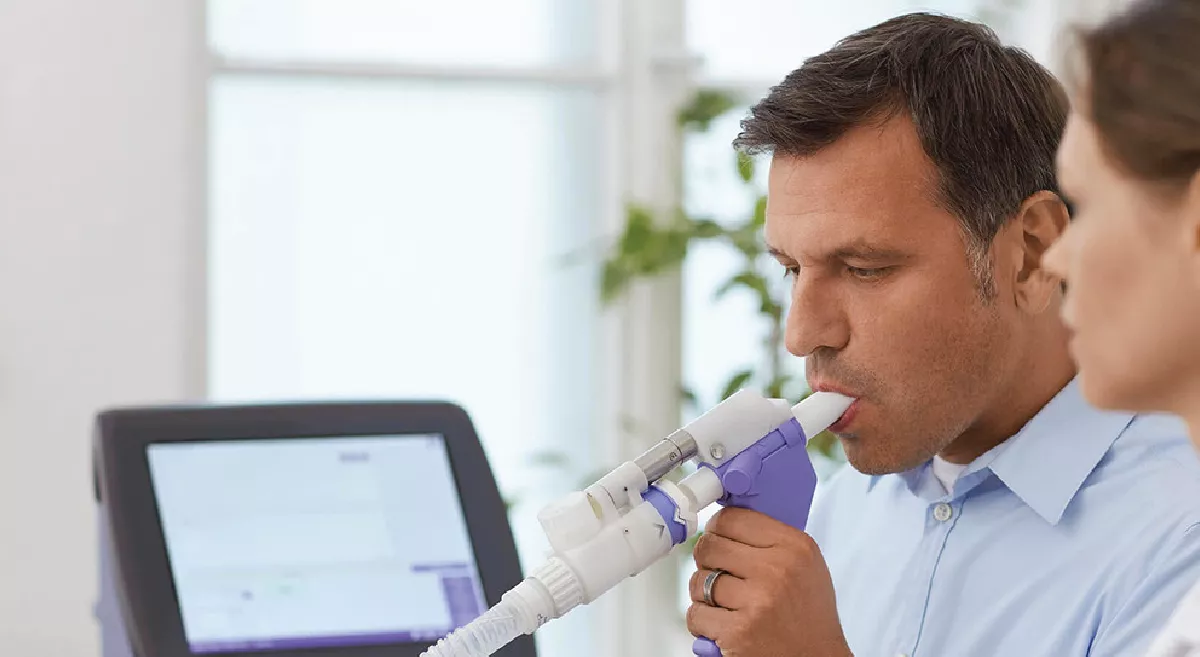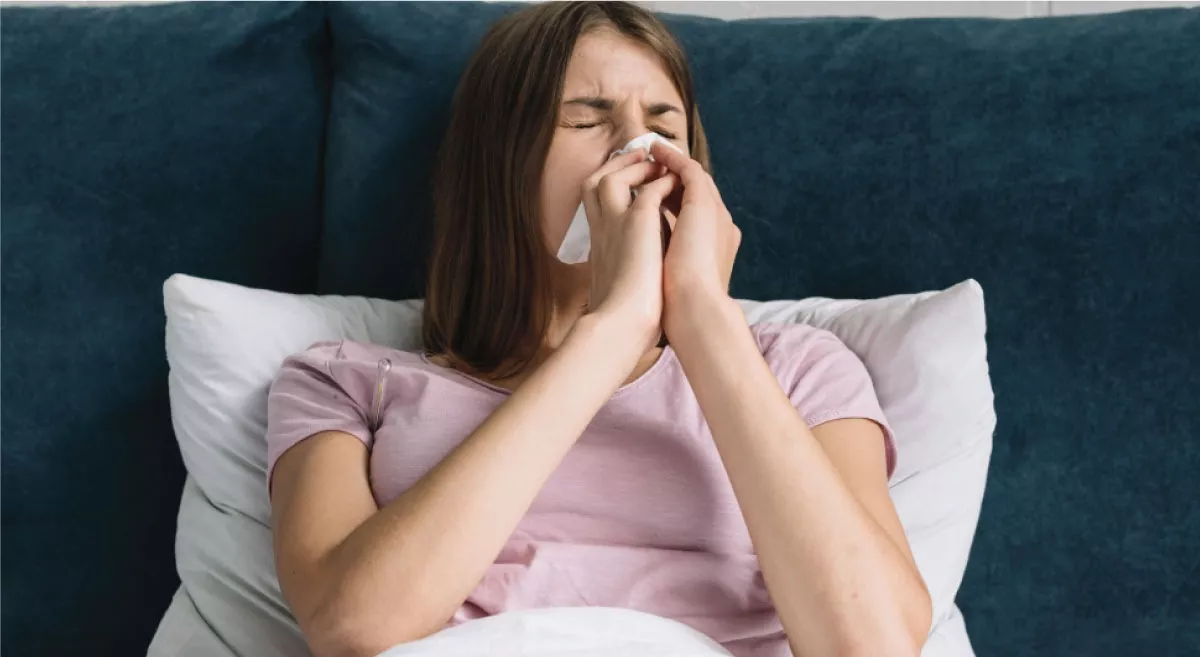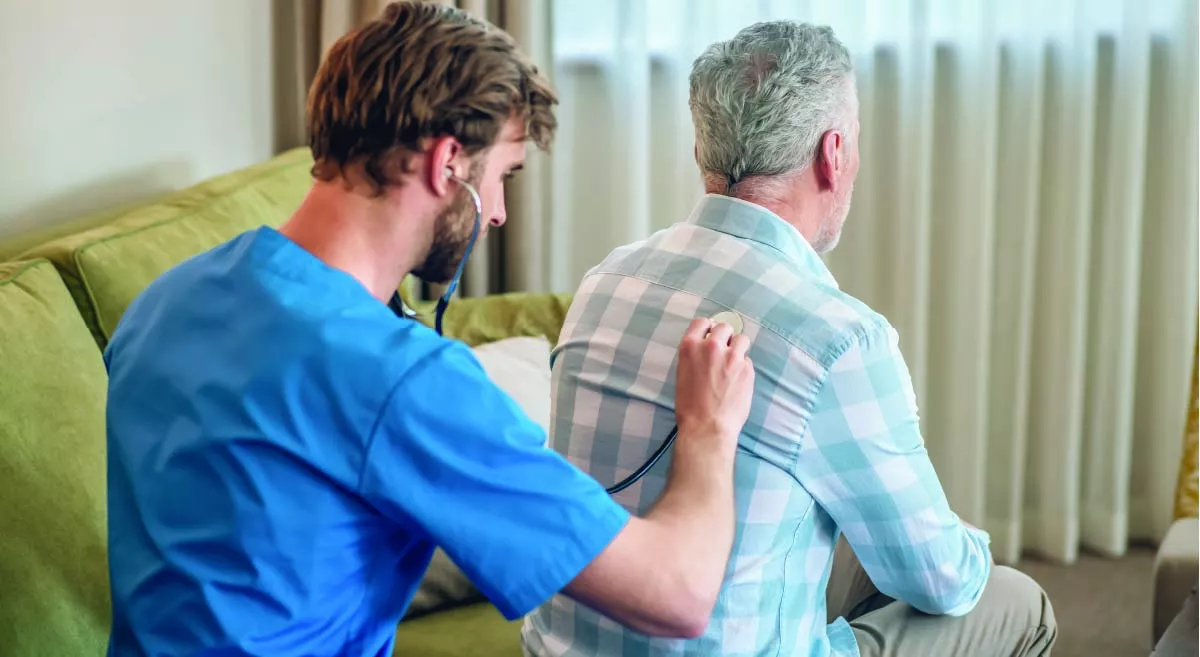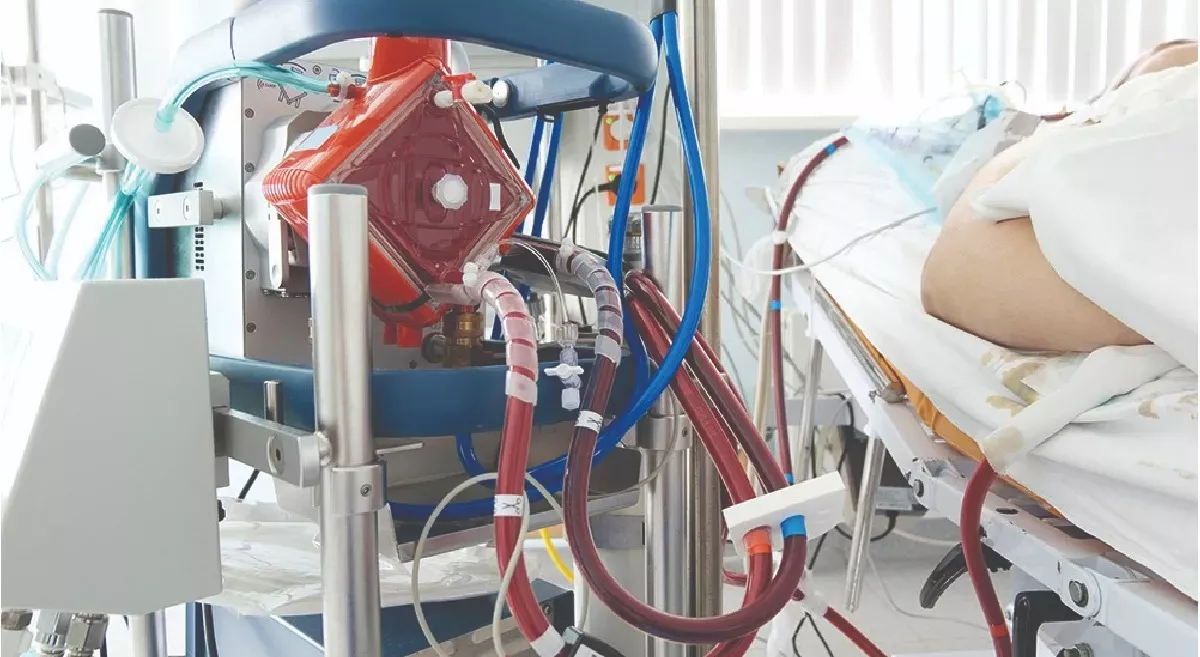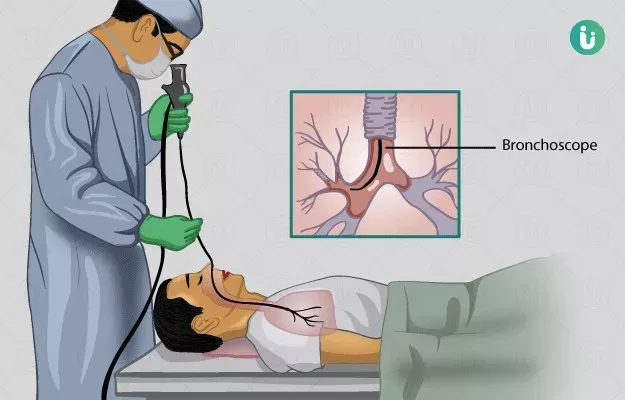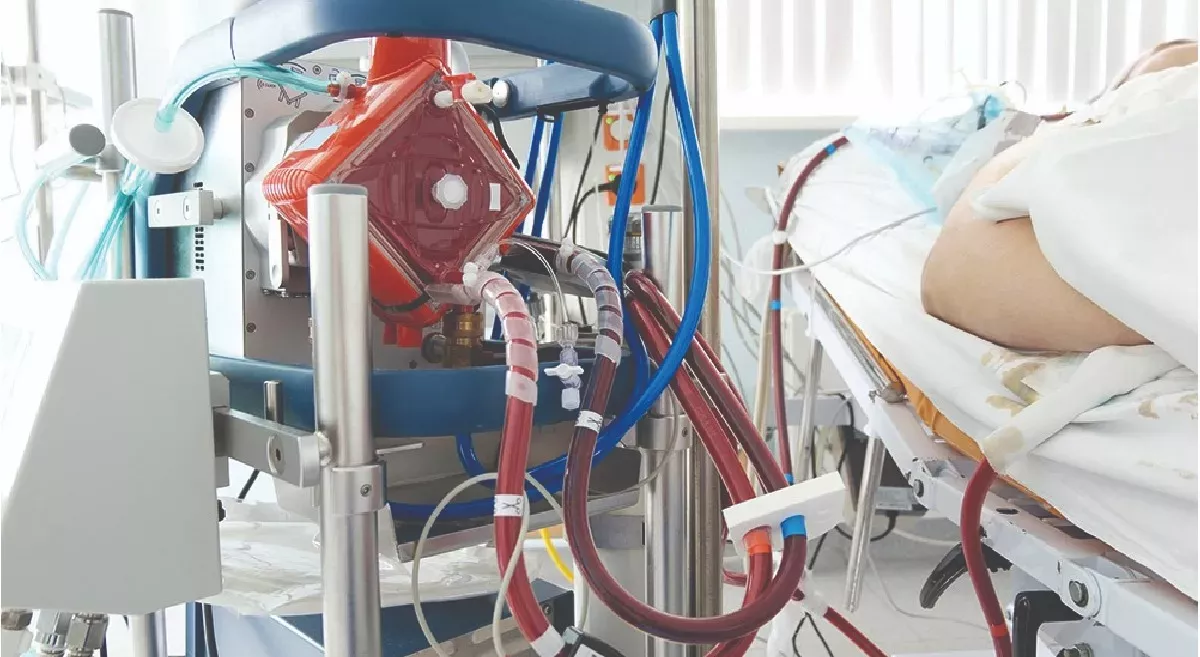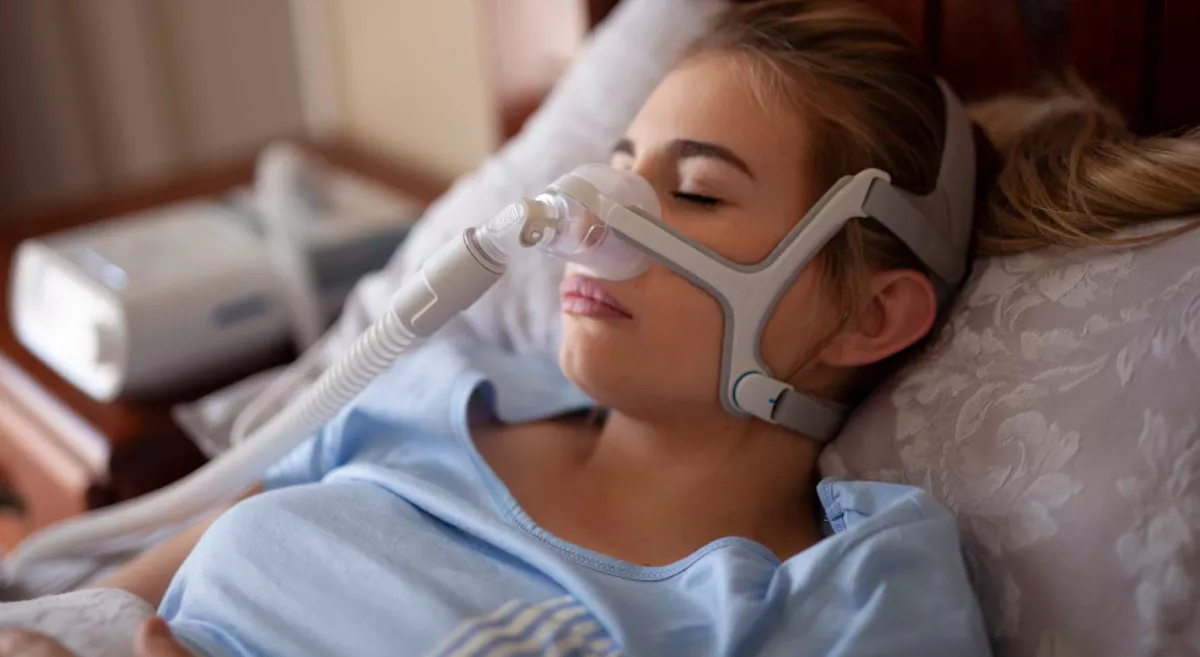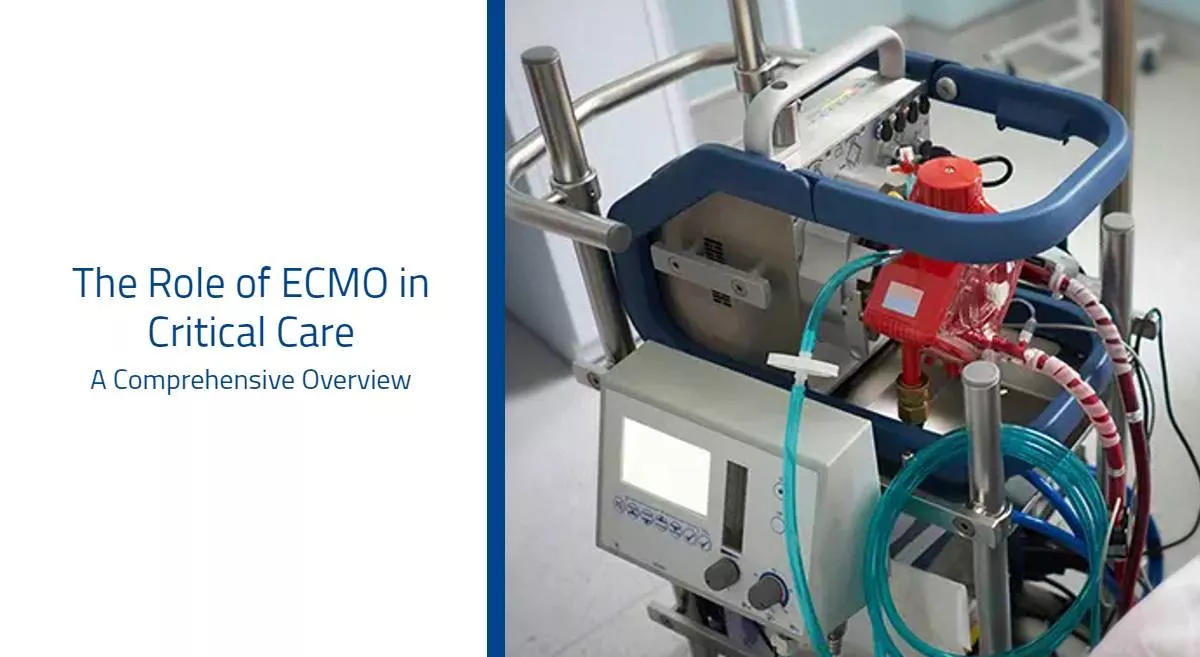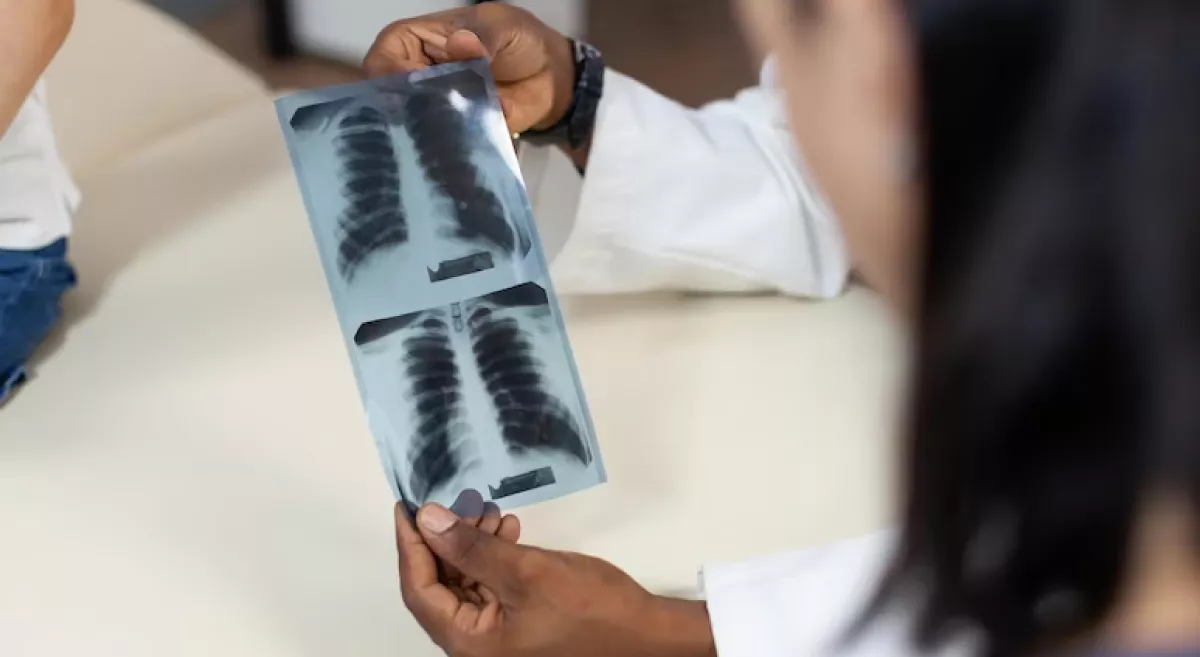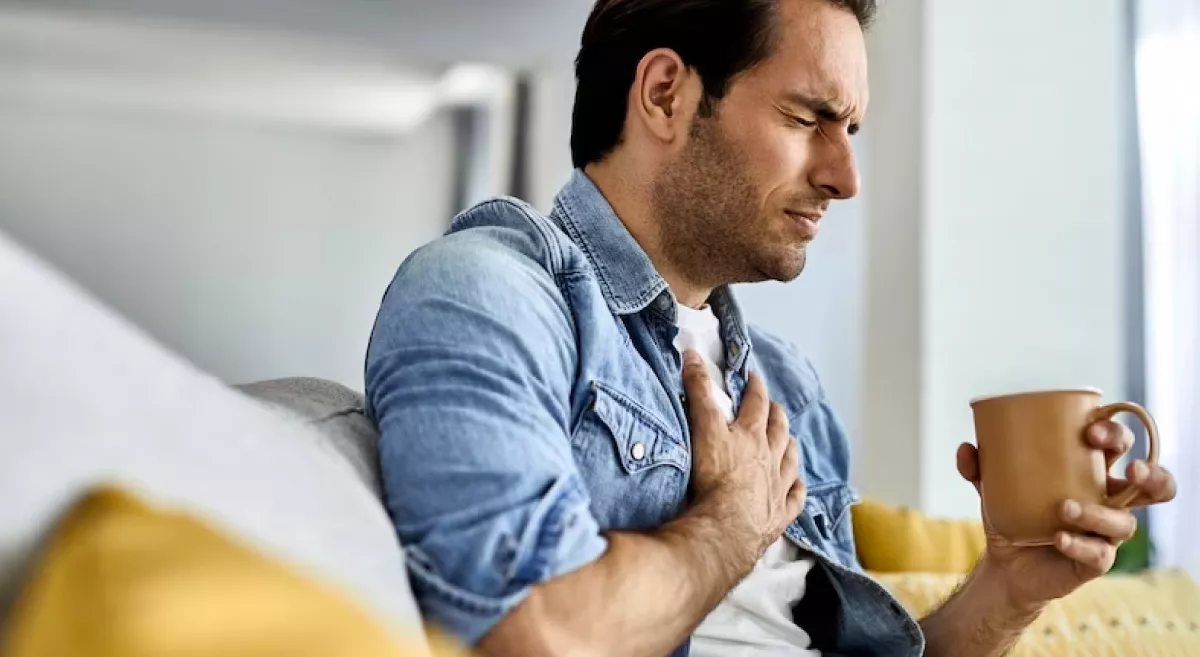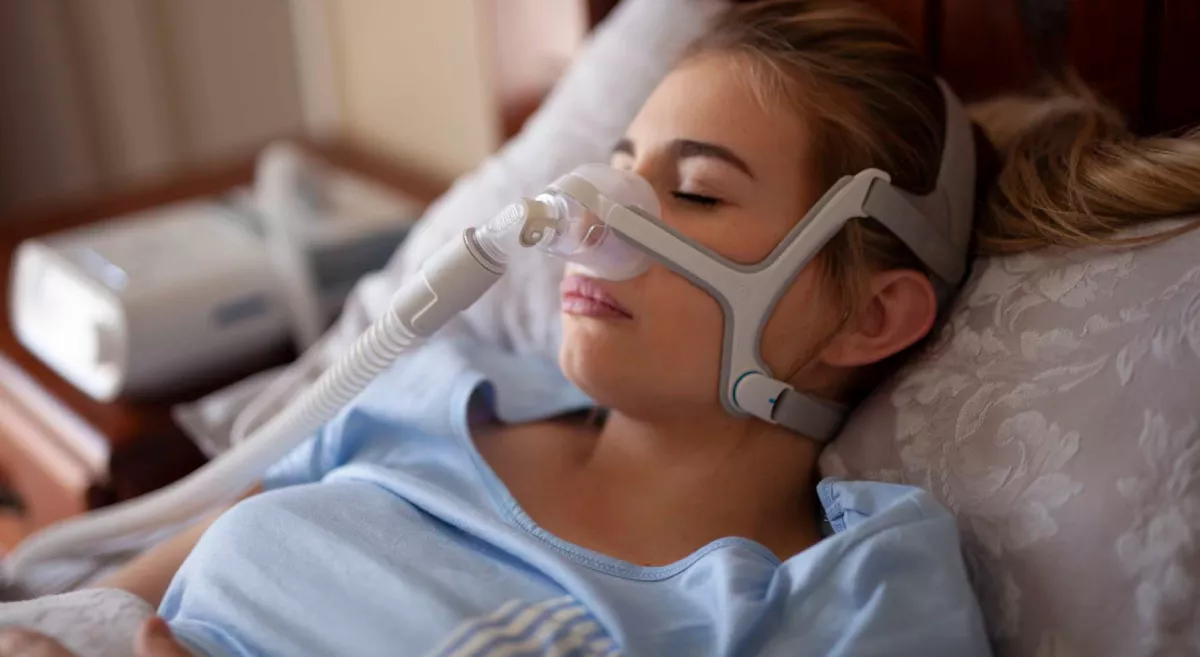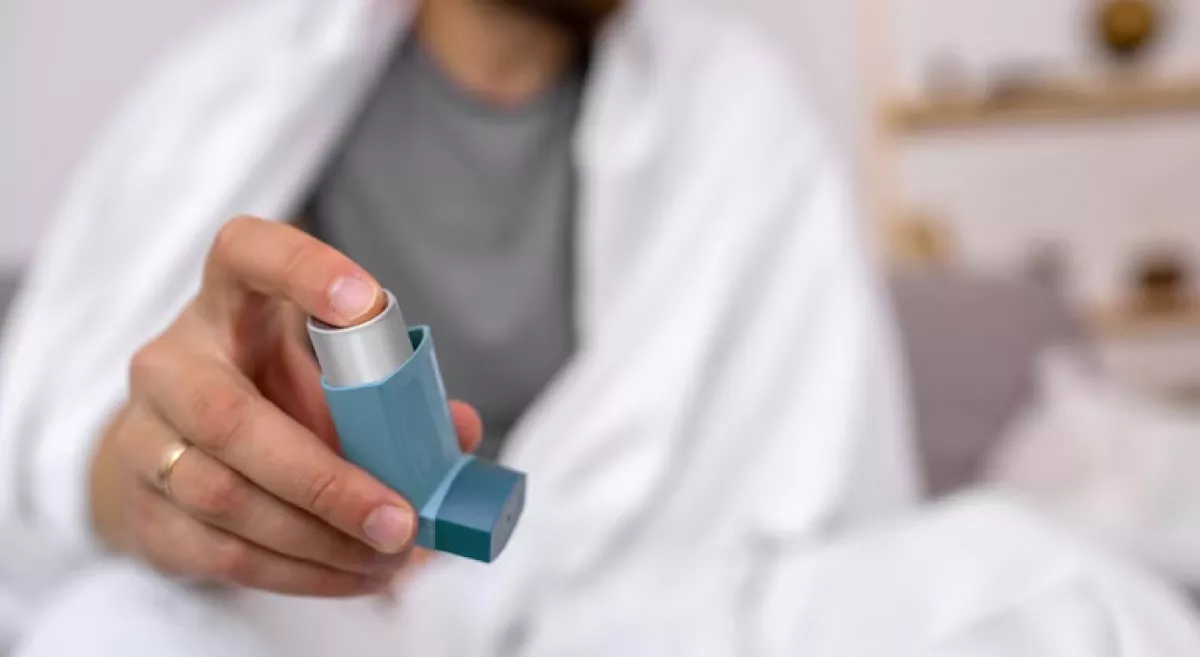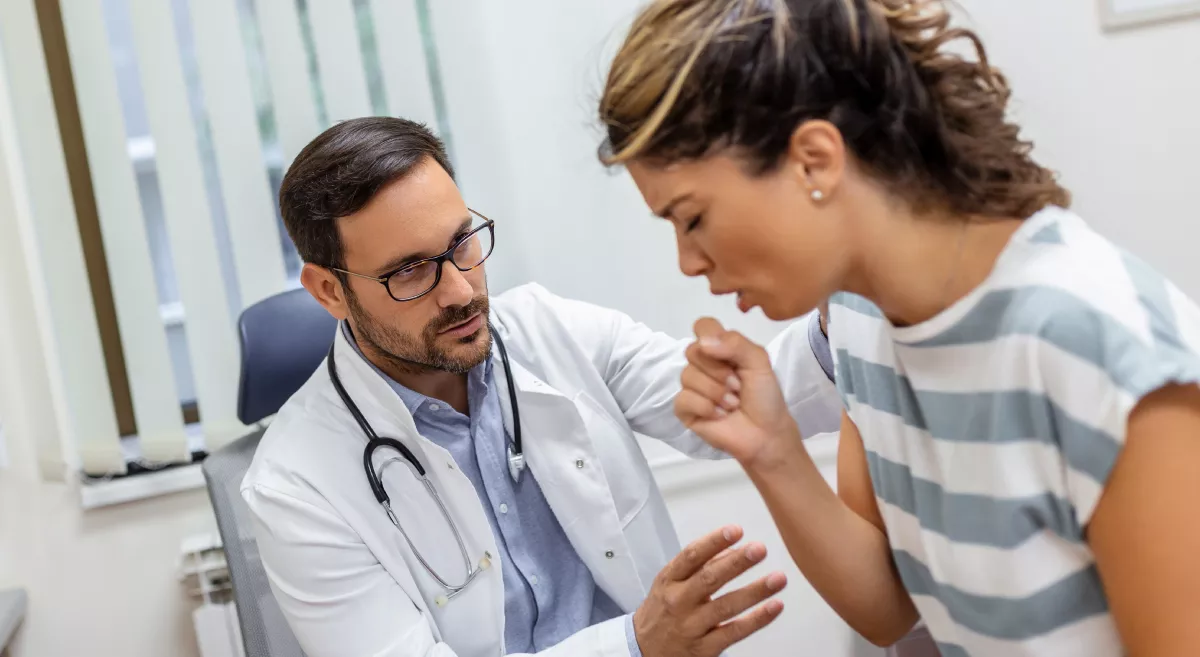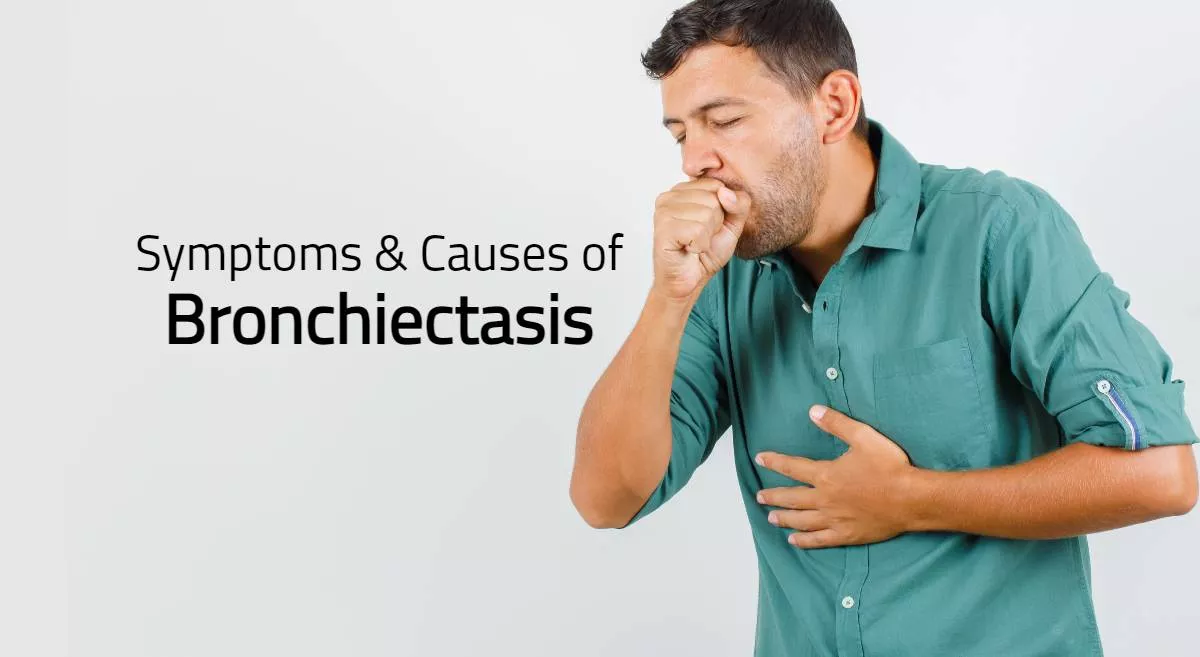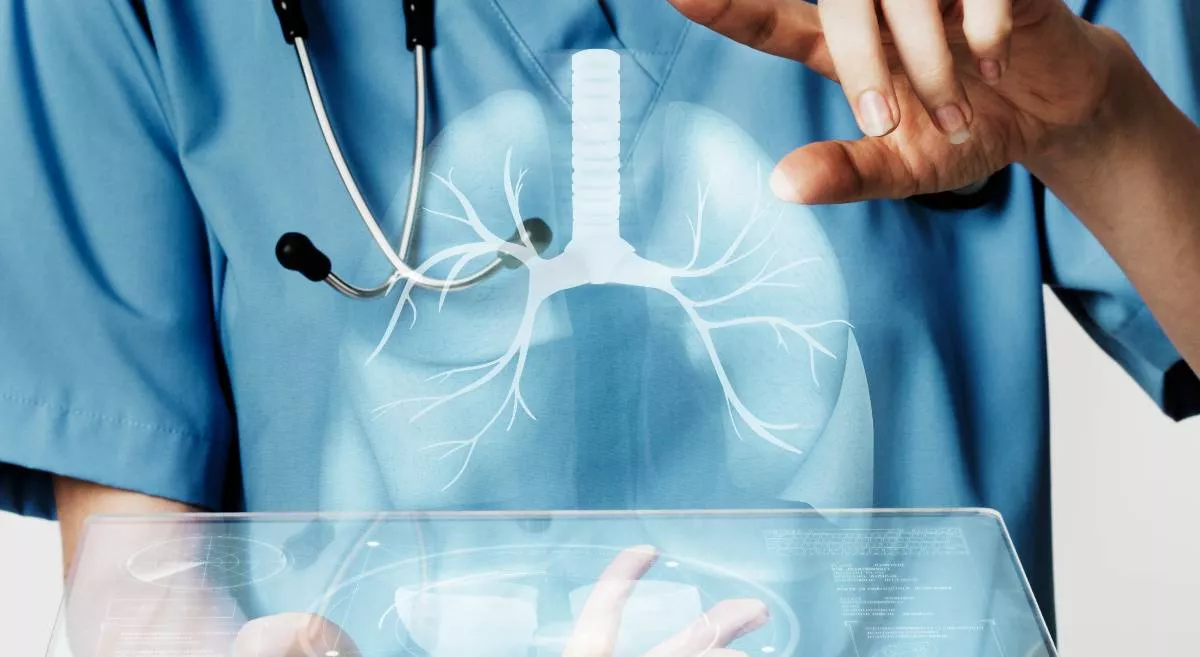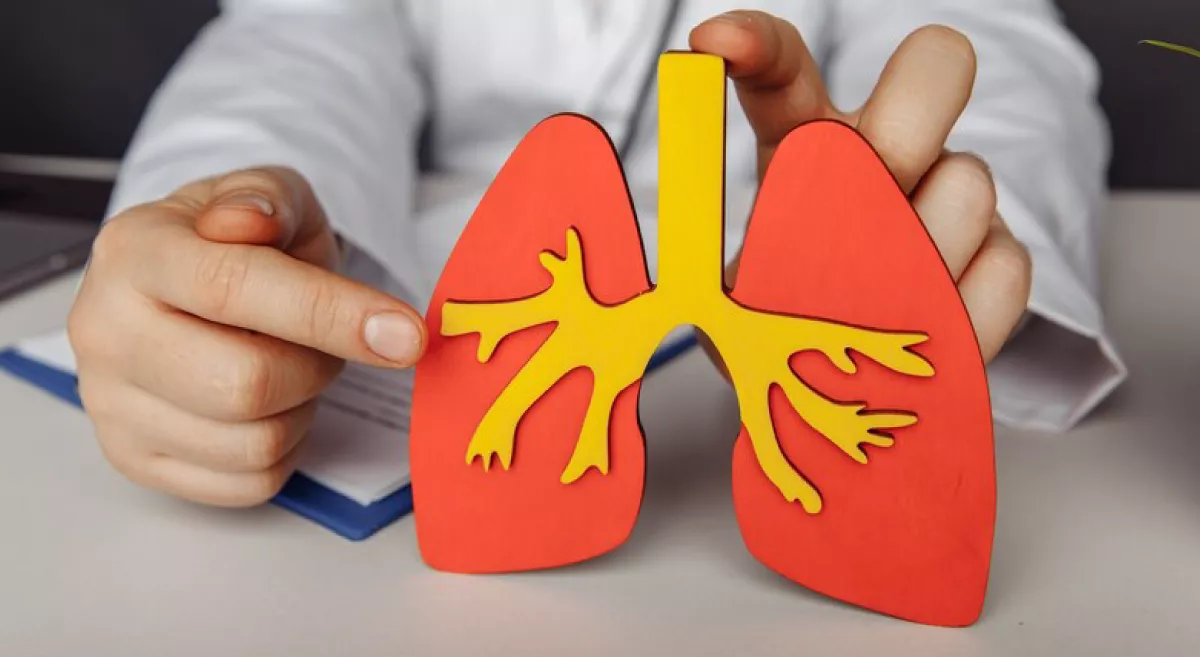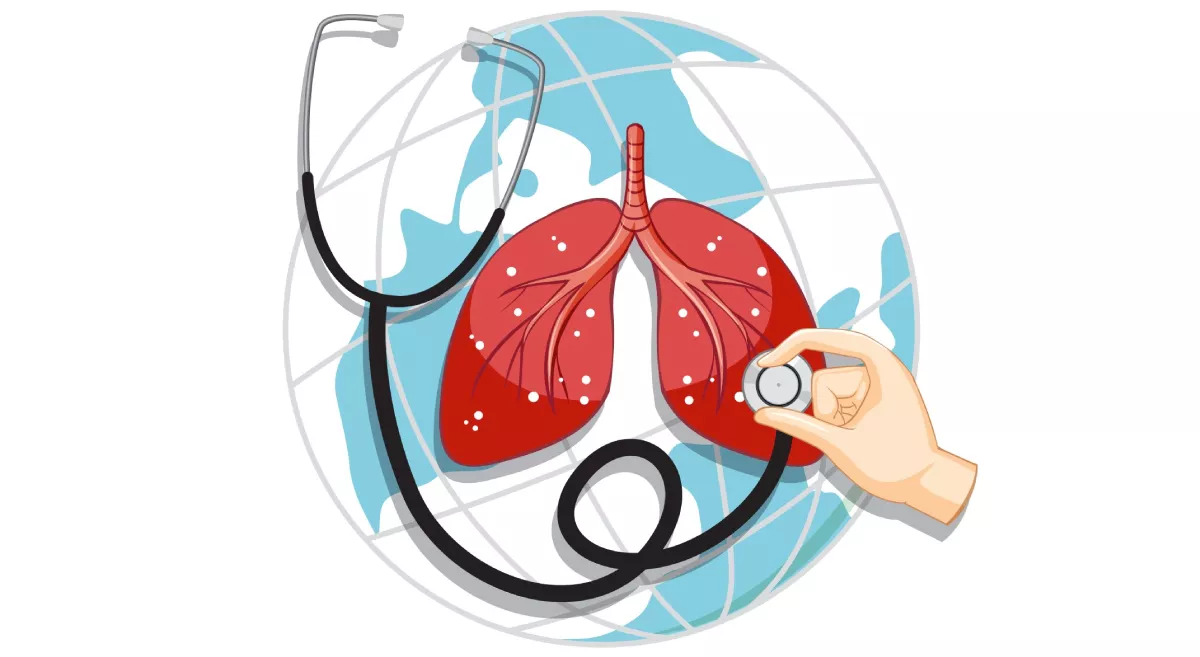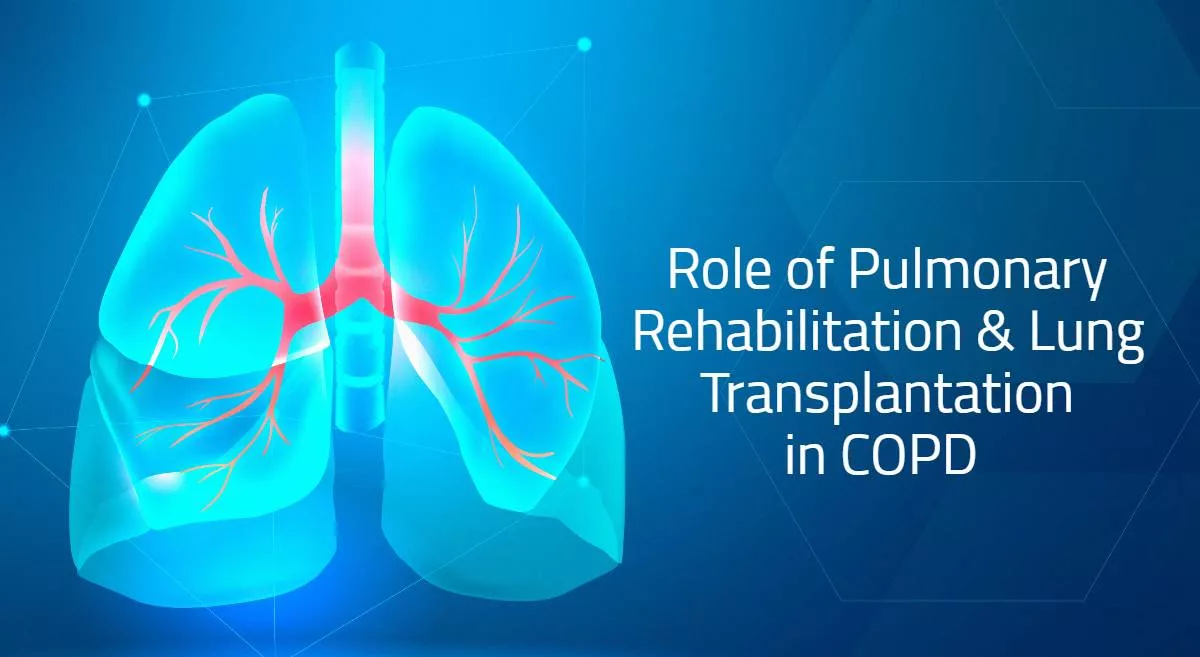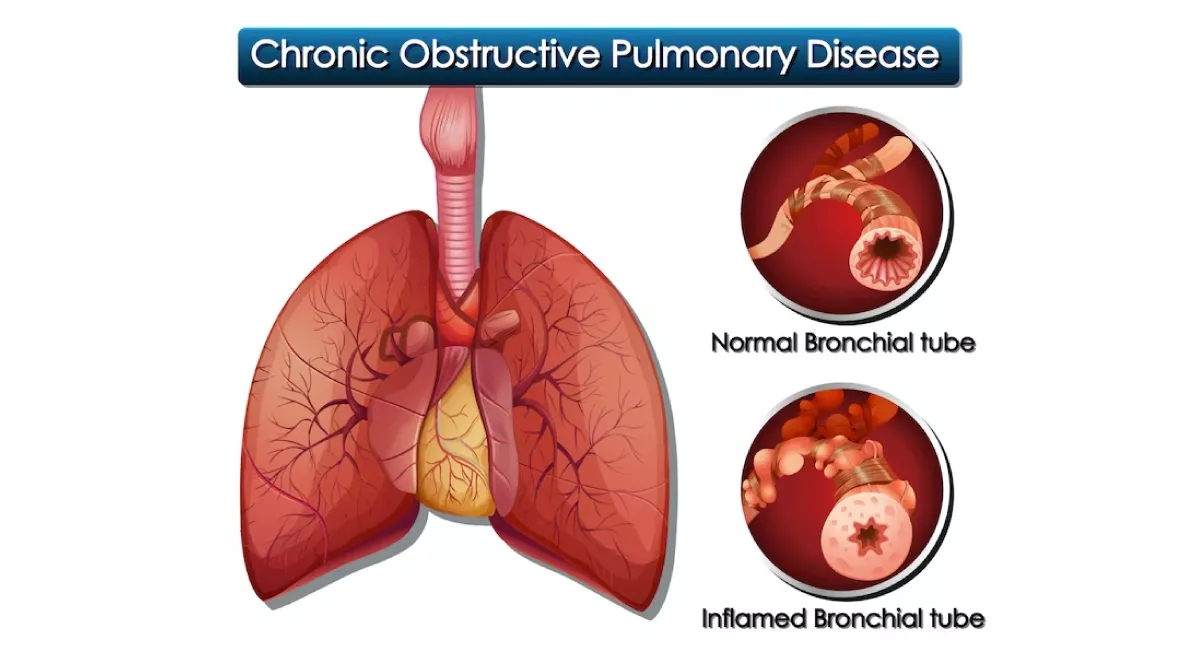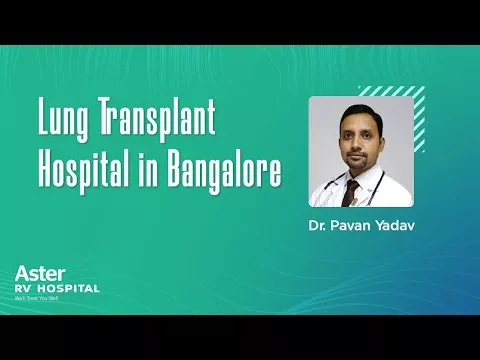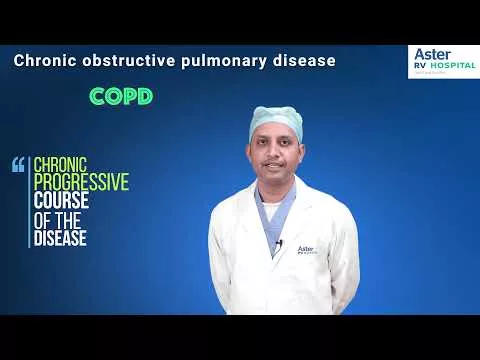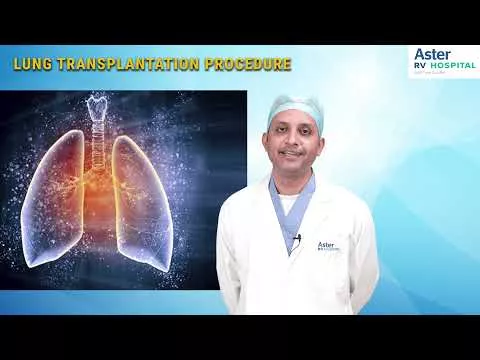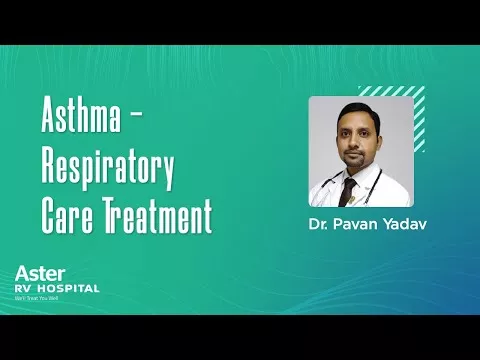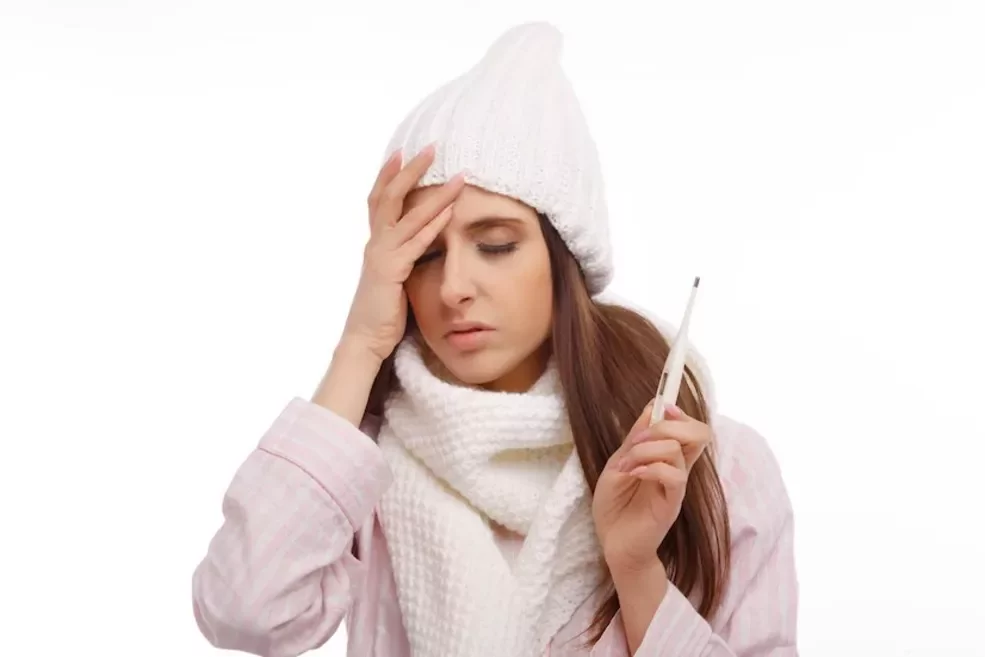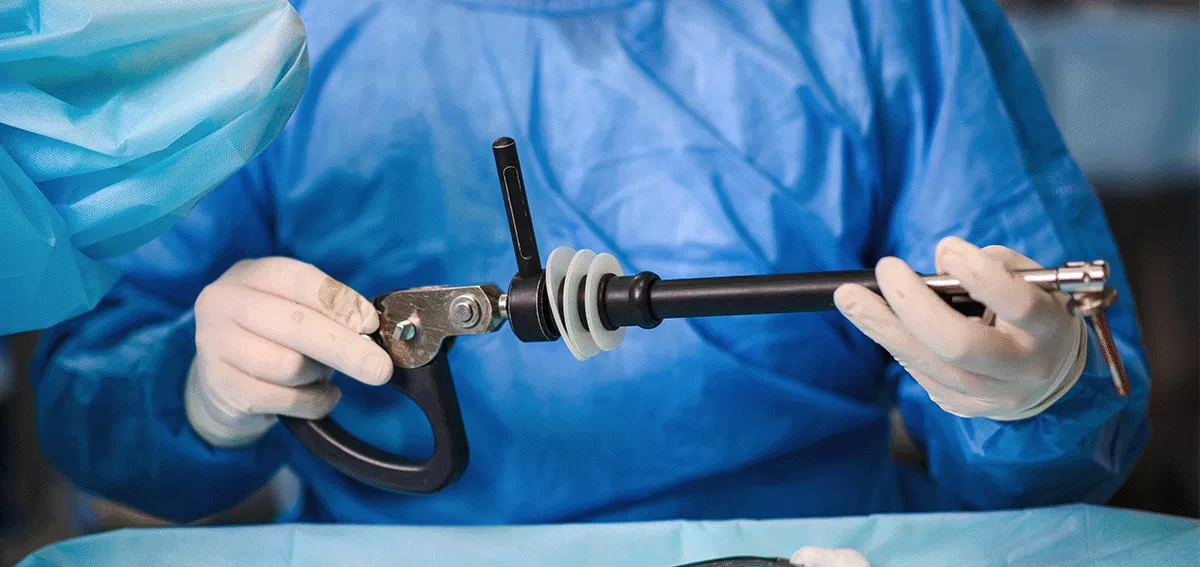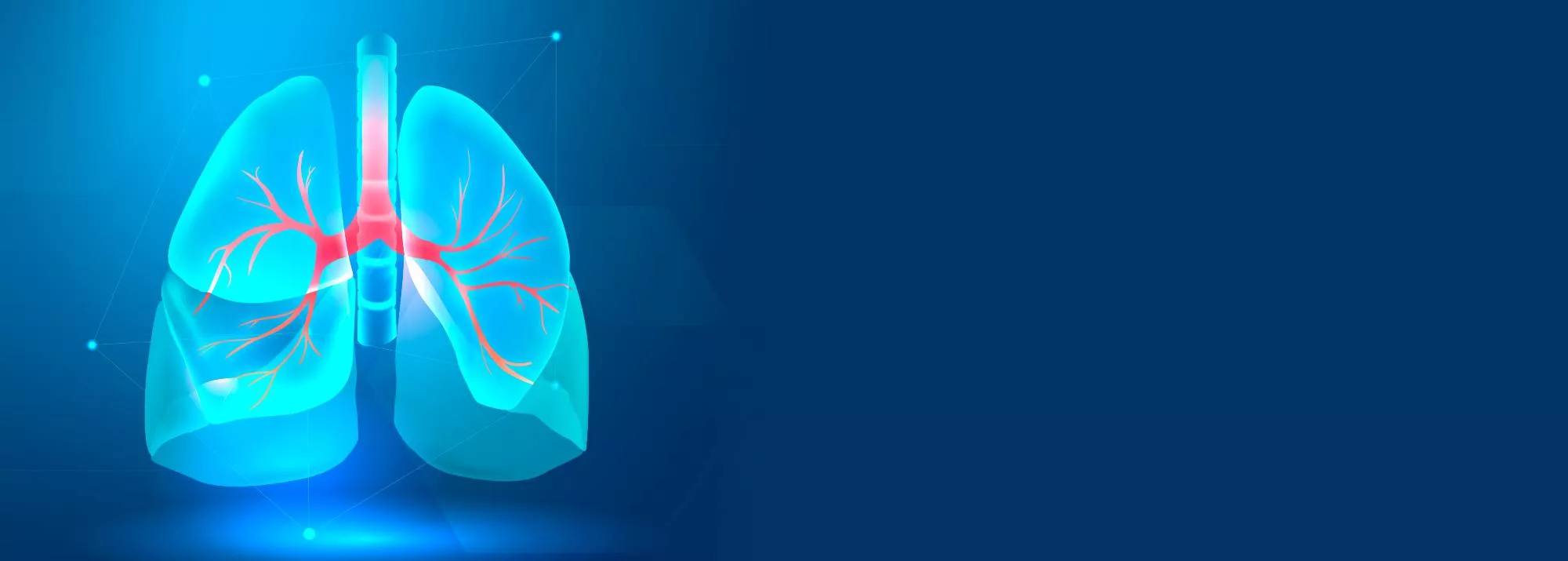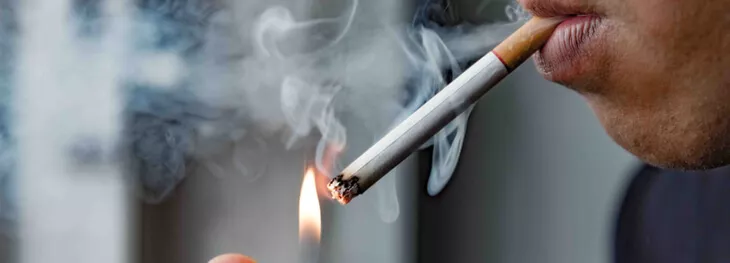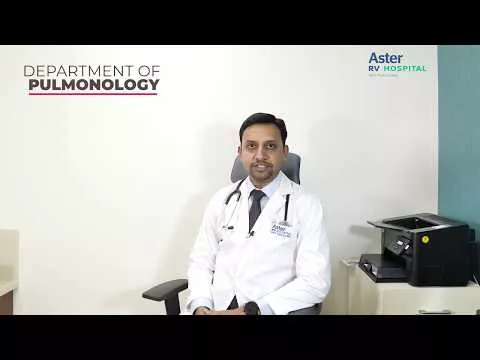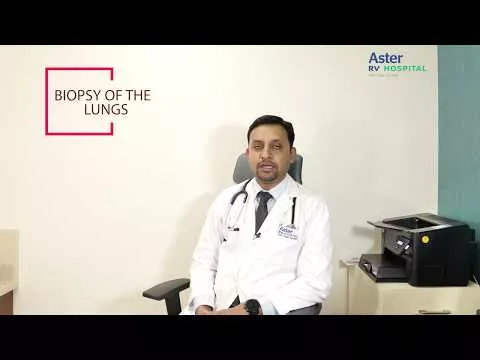Introduction
Each year, on November 12, we observe World Pneumonia Day to raise awareness about one of the most serious and often overlooked respiratory infections. Pneumonia, an infection that inflames the air sacs in one or both lungs, is a leading cause of death among children under five and the elderly, particularly in low- and middle-income countries like India. According to the World Health Organisation (WHO), pneumonia claims the lives of approximately 700,000 children worldwide each year, with countless more affected.
In India, pneumonia poses a significant public health burden. Our country bears one of the highest rates of pneumonia deaths globally, despite the condition being largely preventable and treatable. This World Pneumonia Day, it is imperative to spread awareness about the causes, symptoms, precautions, and the vital role of vaccination and timely medical intervention.
Understanding Pneumonia: Causes and Risk Factors
Pneumonia occurs when pathogens – including bacteria, viruses, or fungi – enter the lungs and cause infection. This infection leads to the filling of lung air sacs (alveoli) with fluid or pus, leading to coughing, fever, difficulty in breathing, chest pain, and, in severe cases, respiratory failure. Among the most common culprits are the bacteria Streptococcus pneumoniae and Haemophilus influenzae, and viruses like the respiratory syncytial virus (RSV) and influenza.
Certain groups are at a heightened risk of developing pneumonia, including:
- Children under five years of age, whose immune systems are still developing.
- Elderly individuals whose immune function may decline with age.
- People with chronic conditions such as diabetes, heart disease, or chronic respiratory illnesses, which weaken the body’s defenses.
- Immunocompromised individuals, such as those with HIV/AIDS or undergoing chemotherapy.
- Individuals exposed to high levels of air pollution or secondhand smoke, a particularly pertinent issue in India’s urban areas.
Symptoms: Recognising Pneumonia Early
One of the critical aspects of combating pneumonia is early detection. Pneumonia symptoms can initially resemble those of a common cold or flu, leading to delays in seeking treatment. However, knowing the warning signs can make a significant difference. Key symptoms include:
- Persistent cough, often producing phlegm or mucus
- Fever and chills
- Rapid or labored breathing
- Chest pain when coughing or breathing
- Fatigue, loss of appetite, and confusion, especially in older adults
When symptoms persist or worsen, prompt medical consultation is essential to ensure timely treatment.
Prevention Through Vaccination: A Life-Saving Tool
Vaccination is one of the most effective tools we have in the fight against pneumonia. The WHO and health authorities recommend several vaccines that offer protection against pneumonia-causing pathogens. In India, these vaccines are increasingly available and can prevent a substantial number of pneumonia cases.
- Pneumococcal Vaccine (PCV): The pneumococcal vaccine protects against Streptococcus pneumoniae, the bacteria responsible for many pneumonia cases. There are two main types of pneumococcal vaccines: the Pneumococcal Conjugate Vaccine (PCV) and the Pneumococcal Polysaccharide Vaccine (PPSV). Both have proven effective in reducing the incidence of pneumonia, especially in children and the elderly.
- Influenza Vaccine: The flu is often a precursor to pneumonia, especially in the elderly and those with pre-existing health conditions. Annual flu vaccination is a preventive measure that reduces the risk of pneumonia as a secondary infection. It’s essential to remember that even a mild flu infection can weaken the lungs, making them more vulnerable to bacterial pneumonia.
- Haemophilus Influenzae Type B (Hib) Vaccine: This vaccine protects against Haemophilus influenzae type B, a common cause of pneumonia, particularly in children. Including this vaccine in routine childhood immunisation schedules can significantly lower the incidence of pneumonia among young children.
Precautions to Reduce Pneumonia Risk
In addition to vaccines, there are several precautionary measures individuals can adopt to lower the risk of contracting pneumonia, especially during the colder months when respiratory infections are more prevalent:
- Good Hygiene Practices: Regular handwashing, covering one’s mouth and nose when coughing or sneezing, and avoiding close contact with sick individuals are simple but effective ways to prevent respiratory infections.
- Healthy Lifestyle: A balanced diet, regular exercise, and adequate sleep help boost the immune system, making the body more resilient against infections.
- Avoid Smoking: Smoking damages the lungs’ natural defense mechanisms, making them more susceptible to infections. Avoiding tobacco use and exposure to secondhand smoke is crucial for lung health.
- Air Quality Awareness: Given India’s high levels of air pollution, particularly in urban centres, individuals should minimise outdoor activities during peak pollution periods. Using air purifiers indoors and wearing masks when pollution levels are high can provide additional protection.
- Immediate Medical Attention for Respiratory Symptoms: Pneumonia can escalate rapidly, particularly among vulnerable populations. Seeking medical attention at the onset of severe respiratory symptoms can lead to early intervention, preventing complications.
Raising Awareness and Accessibility
Despite the availability of vaccines and treatment, barriers such as lack of awareness, accessibility, and financial constraints continue to hinder pneumonia prevention efforts in India. In rural and underserved communities, low vaccination rates and limited healthcare infrastructure make individuals more vulnerable to pneumonia and its complications.
The Role of the Community: Advocacy and Action
Combating pneumonia requires collective action from healthcare providers, communities, and policymakers. Awareness campaigns, like those organised for World Pneumonia Day, play a critical role in educating the public. Community health workers, especially in rural areas, are pivotal in spreading information, ensuring vaccination adherence, and helping families recognise pneumonia symptoms early.
